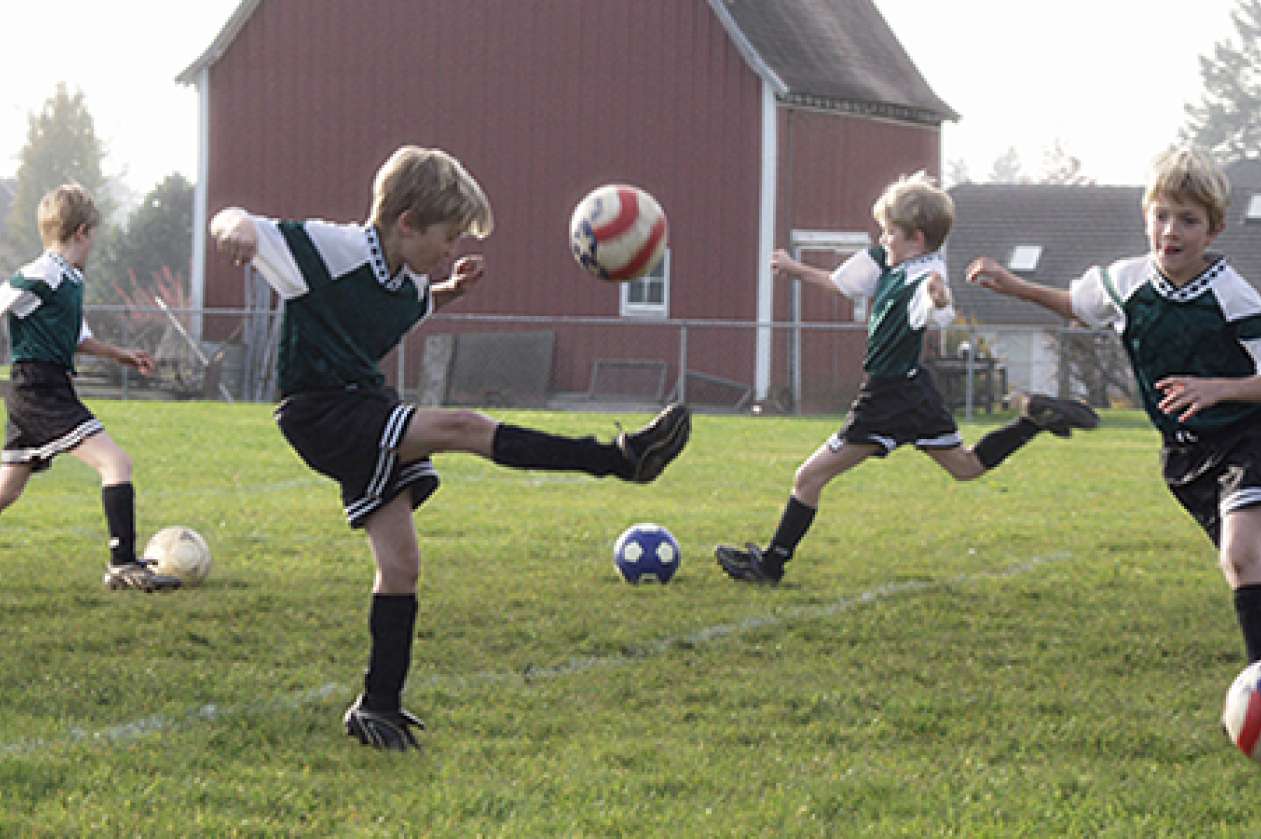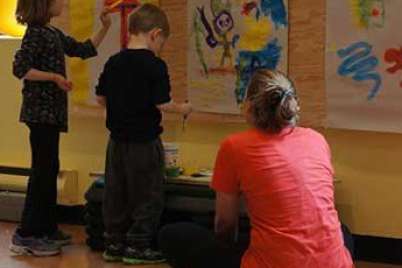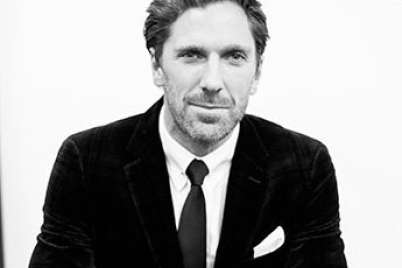
Specialization: What does it really mean?
These days, you hear a lot of discussion about kids specializing in one sport or one physical activity too early. Lots of problems come out of this: burnout, overuse injuries, mental and emotional fatigue, dropout from activity, and more. And there’s no question — we know that specializing too early is a bad idea — plenty of doctors and sport experts will tell you this.
But what does “specializing” actually mean?
A few parents have posed this question to Active for Life, so it’s worth clarifying some of the nuances around this tricky topic.
In a nutshell, specialization means doing one activity to the total exclusion of all other activities.
And in the context that most people use the word around kids’ sports, it’s generally assumed that we mean from a very young age — perhaps as young as 5, 6, or 7 years old.
This is not necessarily the same as doing a lot of one activity throughout the calendar year.
What’s the difference?
In Canadian youth sports, we most commonly hear concerns about premature specialization in sports such as hockey and soccer. If there is any suggestion that a kid has any degree of talent, the parents fork out the extra bucks and put their child in spring hockey and summer hockey, or extra soccer training during the off-season.
Now the child is playing one sport for 10-12 months. They are playing a lot of that sport.
But they are not necessarily specializing in that sport.
If they are doing other sports and activities at the same time, then they might actually be getting a good balance of activities, and they are not necessarily specializing. The danger now simply becomes the risk of injury and burnout due to overtraining — the body, mind, and emotions simply become exhausted with no opportunity to rest and recharge.
So what should a parent do?
Here’s the nub of it—and here I am talking about kids prior to high school age:
If your child truly wants to play spring hockey, or attend the soccer or dance academy for extra training, that can be a good thing. But it needs to be driven by your child — not you.
And even when it is driven by your pre-teen child, you should step back and ask a couple of questions:
- Does my child want to do this because she really wants more? Or does she feel coerced by pressure from coaches or peers?
- If my child does this, will he still have time and energy for other physical activities?
- If my child does this, what are the chances that she will start to hate this activity?
- If my child does this, is he likely to develop overuse injuries to knees, elbows, muscles, ligaments, and the rest?
- How might my child be better served by taking a break from this activity to focus on something else?
As always, superstar professional basketball player Steve Nash is one of the best examples of a kid who didn’t specialize too early. In fact, he didn’t ever start playing basketball until age 12. He played tons of basketball once he went to high school — probably 10-12 months per year if you count all of the hours that he spent playing ratball on weekends and after school with friends.
Was he specializing in basketball? In one sense, yes. Yet he was still playing a couple of other sports on the side. In fact, he didn’t really start specializing in basketball until at least age 14 — and it was all driven by him.
And here’s another important factor: Shortly after he started playing, he began logging hundreds of hours with the ball, but much if not most of that time was outside of structured practices. That’s a very important detail. And all of this was after he turned 12-years-old.
Parents and coaches, take careful note of the above.
Sport sampling and physical literacy
Prior to high school, Steve Nash was a poster child for physical literacy and “sport sampling” instead of specialization. His parents made sure that he did a wide variety of sports and activities as a child, and as consequence, he developed broad athleticism and a fundamental love of being active. He became engaged in sport and activity: He kept playing because he had grown to love it.
(Steve was still playing competitive soccer to the end of Grade 12, winning a provincial championship with his team, and he played lacrosse and ice hockey at different times during his elementary school years, and dabbled in just about every other sport you can name.)
Parents often imagine that their child can become a superstar if they specialize early. But it’s a crapshoot at best. Read this book review on the role of genetics in sports to learn why.
As a growing body of research shows, apart from activities such as gymnastics and perhaps figure skating, it’s the multi-sport athletes who generally come out on top.
And if someone tries to tell you that your 7-year-old is a natural born and needs more specialized coaching and training, look at them with suspicion. Most often they’re coaches with private academies who are looking for a paycheck, or they are trying to cherry pick a U12 dream team so they can win the Upper Wabash Falls District Championship and show the trophy to their poker buddies.
Rather than pushing your child to specialize early, concern yourself with making sure that your child engages with sport and activity early. Make sure that they play many different sports and activities before they enter their teens, make sure that much if not most of their play is unstructured, and make sure that they learn to love sport and activity because they are having fun experiences that they “own”.
Then see where it takes them. Like Steve Nash and others. Because if your child specializes too early in one sport and starts to hate it, or gets injured, you’re not doing them any favors — and you’re not enhancing their chances of turning pro.






Very important subject for every young athlete, parent and coach!
There are many reasons why early specialization is happening… I think it is important to mention what I think from my experience is also contributing to the early specialization.
Due to the lack of skills delivery to their children many parents are seeking quality skill training. Young athletes are not learning the skills at the speed they need, as most sports are run by volunteers that are not at par with “details coaching” and also the deal with the whole team (so no much time for individual teaching & attention)…
The amount of fun in sport relates to level of aquired skills and that requires great training delivered by expert coaching. As for example in hockey, players need to be good skaters to have fun playing the game… the faster they learn to skate, quicker they learn to control the puck and more fun the can have to enjoy the high skilled game. Less fixing needs to be done later and definitely it is easier to teach new then correct learned… So parents this days are seeking the skills all year, because they not getting enough during the regular season!
‘Specialization’ does not just refer to choosing one sport to ‘specialize’ in. For example Figure Skating is an ‘Early Specialization’ sport meaning that a certain skill set must be developed early on before maturation. Love the comments above and concur totally. Bodies change drastically thru puberty and sports from active start/fundamentals to Active for Life are important for all!
Great article on ” Specialization: What does it really mean? ” I am have been a gymnastics coach off and on since age 16. Even in gymnastics which sometimes identifies and tries to develop talent at an early age, I am cautious about the intensity and time spent practicing for athletes under the age of twelve. Boys and girls bodies change so much under the age of 12 as well which makes specialization physically challenging. Gender differences in the onset of puberty are also a factor. It has been my observation that girls tend to mature sooner than boys mentally as well. I also had 2 daughter’s in figure skating and at age 42 took the sport up myself. You may never be too old or to young to try a new sport, but young or old variety is good.